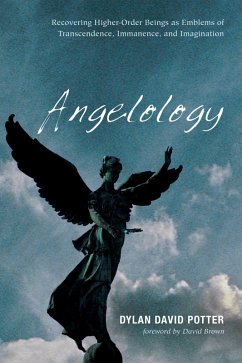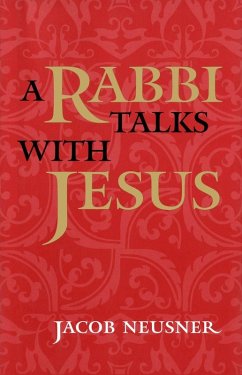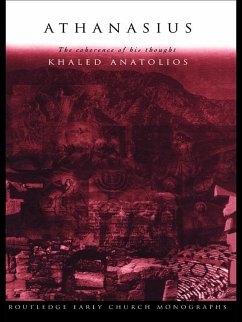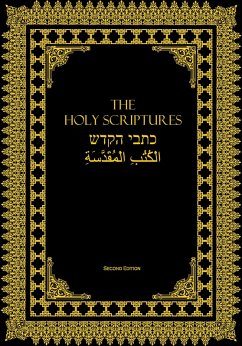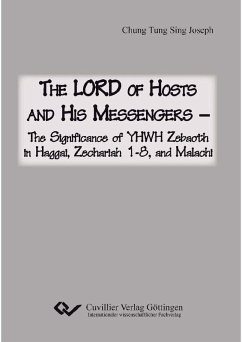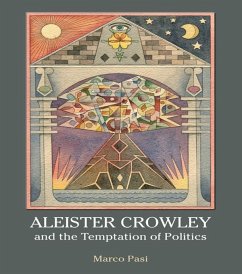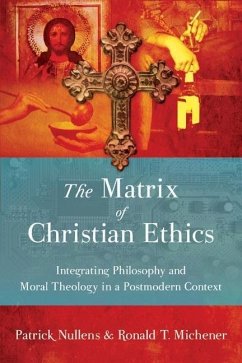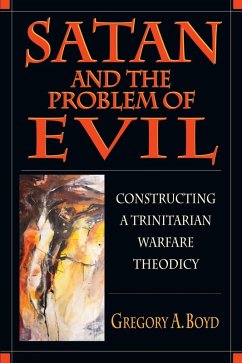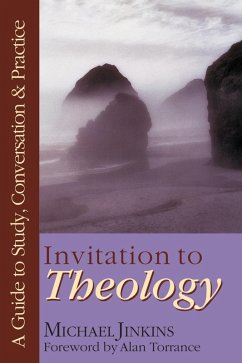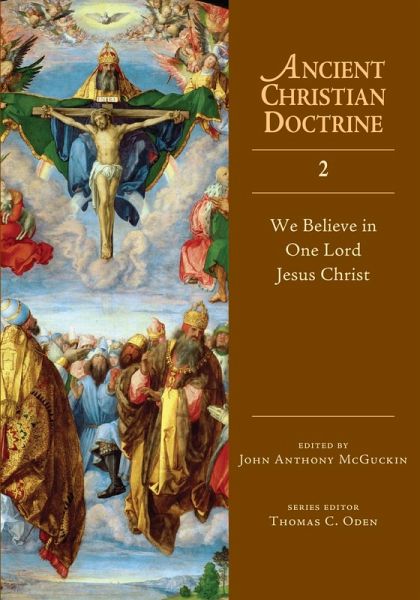
We Believe in One Lord Jesus Christ (eBook, PDF)

PAYBACK Punkte
30 °P sammeln!
"e;Who do you say that I am?"e; This question that Jesus asked of his disciples, so central to his mission, became equally central to the fledgling church. How would it respond to the Gnostics who answered by saying Jesus was less than fully human? How would it respond to the Arians who contended he was less than fully God? It was these challenges that ultimately provoked the Council of Nicaea in A.D. 325. In this volume covering the first half of the article in the Nicene Creed on God the Son, John Anthony McGuckin shows how it countered these two errant poles by equally stressing Jes...
"e;Who do you say that I am?"e; This question that Jesus asked of his disciples, so central to his mission, became equally central to the fledgling church. How would it respond to the Gnostics who answered by saying Jesus was less than fully human? How would it respond to the Arians who contended he was less than fully God? It was these challenges that ultimately provoked the Council of Nicaea in A.D. 325. In this volume covering the first half of the article in the Nicene Creed on God the Son, John Anthony McGuckin shows how it countered these two errant poles by equally stressing Jesus' authentic humanity (that is, his fleshliness and real embodiment in space and time) and his spiritual glory or full divinity. One cottage industry among some historical theologians, he notes, has been to live in a fever of conspiracy theory where orthodox oppressors dealt heavy-handedly with poor heretics. Or the picture is painted of ancient grassroots inclusivists being suppressed by establishment elites. The reality was far from such romantic notions. It was in fact the reverse. The church who denounced these errors did so in the name of a greater inclusivity based on common sense and common education. The debate was conducted generations before Christian bishops could ever call on the assistance of secular power to enforce their views. Establishing the creeds was not a reactionary movement of censorship but rather one concerned with the deepest aspects of quality control. Ultimately, what was and is at stake is not fussy dogmatism but the central gospel message of God's stooping "e;down in mercy to enter the life of his creatures and share their sorrows with them. He has lifted up the weak and the broken to himself, and he healed their pain by abolishing their alienation."e;
Dieser Download kann aus rechtlichen Gründen nur mit Rechnungsadresse in A, B, BG, CY, CZ, D, DK, EW, E, FIN, F, GR, HR, H, IRL, I, LT, L, LR, M, NL, PL, P, R, S, SLO, SK ausgeliefert werden.




